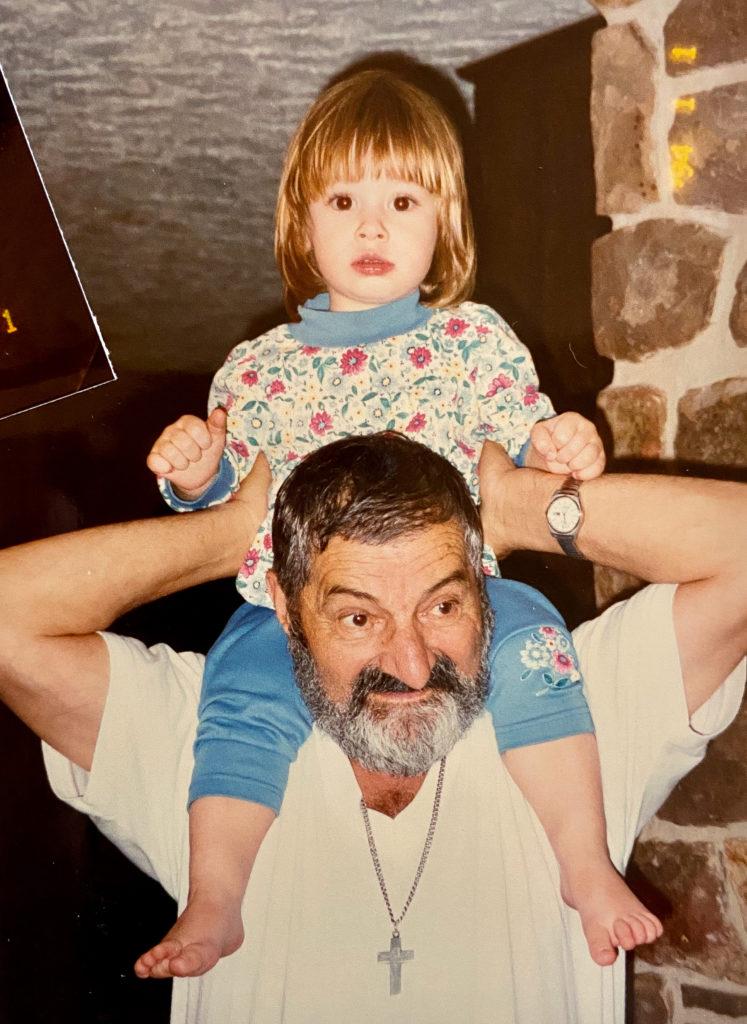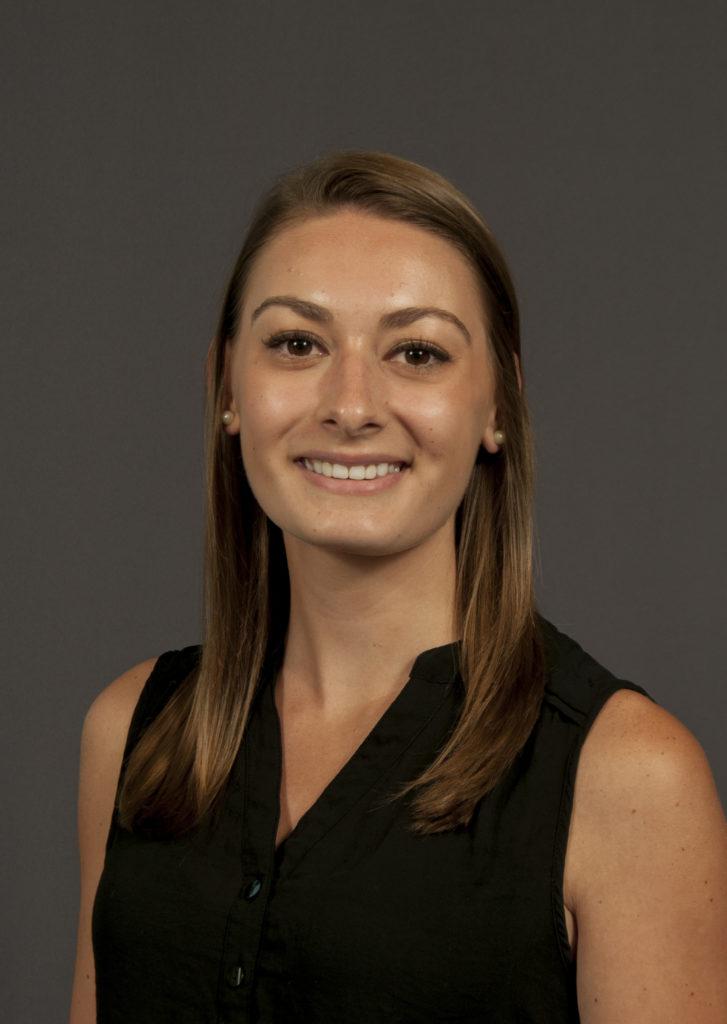
Get the latest articles delivered directly to your inbox!
Our Contributors
Class of 2022
Kyle Duke
Austin Foster
Charlotte Leblang
Ross Lordo
Class of 2021
Dory Askins
Connor Brunson
Keiko Cooley
Mason Jackson
Class of 2020
Megan Angermayer
Carrie Bailes
Leanne Brechtel
Hope Conrad
Alexis del Vecchio
Brantley Dick
Scott Farley
Irina Geiculescu
Alex Hartman
Zegilor Laney
Julia Moss
Josh Schammel
Raychel Simpson
Teodora Stoikov
Anna Tarasidis
Class of 2019
Michael Alexander
Caitlin Li
Ben Snyder
Class of 2018
Alyssa Adkins
Tee Griscom
Stephen Hudson
Eleasa Hulon
Hannah Kline
Andrew Lee
Noah Smith
Crystal Sosa
Jeremiah White
Jessica Williams
Class of 2017
Carly Atwood
Laura Cook
Ben DeMarco
Rachel Nelson
Megan Epperson
Rachel Heidt
Tori Seigler
Class of 2016
Shea Ray
Matt Eisenstat
Eric Fulmer
Geevan George
Maglin Halsey
Jennifer Reinovsky
Kyle Townsend
Join USCSOMG students on their journeys to becoming exceptional physician leaders.

To Love Our Patients
It started when I was young. My Papou (“grandfather” in Greek) had died. I remember standing in a line, surrounded by people in black, in a room that seemed oddly ornate. My Papou lifeless, yet full of strength, integrity, and compassion. He looked different in a suit, something I only saw him wear to church, where he would stand proudly, and loudly, in the first row. Instead, my memories of him included him wearing scrubs or an old flannel out on the farm.
Person after person came up to me, hugged me, and offered their condolences. The whole town was in that room. They’d tell me stories of him in the hospital, in a different role, and shared with me his wit. They’d tell me about his love for them, and how he had treated them like family. This went on for hours. So long, that my cousins and I snuck out to Sonic across the street.
This day didn’t mean quite as much to me as it does now. It was the end of a life and of a journey. It meant I wouldn’t see my Papou anymore. It meant he wouldn’t be able to touch the lives of those around him. He wouldn’t be the one holding the scalpel, cracking the chest, or saving the patient.
He was gone, yet he still lived. His legacy was, and is, alive and well.
I’d like to say that this is the moment that I decided to pursue medicine, because it’d be a great story. However, that came further on. All I knew is that I wanted to be like Papou. I wanted to be able to impact a community. I wanted to be remembered for my kindness and love, just like he was.
As I went through my hospital rotations, I approached each patient as not only a medical topic to learn about, but holistically as a person. I wanted to know about their families, how they met their partners, and even the pitfalls they had encountered. Each patient was a lesson, and I was a dry sponge ready to soak it up. The patients I followed weren’t just a diagnosis; they were family. I would make sure to be there when they needed to talk, wanted to learn, or when they took their last breath.
There’s a Greek work, φιλία (“philia”), which means brotherly love. Hence, Philadelphia being the city of brotherly love. I recently encountered a wise, Greek physician on the interview trail who reminded me of my own late Papou. He spoke of the different forms of love in the Greek language. Φιλία was unique, as it was the type of emotion that some feel towards their patients. As human beings, we crave connections and community. We gravitate towards those who care for us. In the end, we need each other more than we realize. By taking the extra second to hold a patient’s hand, sitting down to hear a story, or bringing them a crossword, we can exhibit φιλία . For a while, I saw this as a weakness, wondering why I had this drive to form these connections. However, doing this does not make me weak, but it instead makes me stronger.
So, it’s okay to love, and it’s okay to love strongly. We are put in a unique position in the medical profession where we are given the opportunity to reach so many. It isn’t something to be taken lightly, but to instead embrace fully. There is much more to the role of the physician than making the correct diagnosis and treatment plan. By embracing the importance of human connection in medicine, we can go from being great, to being phenomenal.


About the Author: Anna Tarasidis
Anna Tarasidis is a native of Greenwood, SC, and graduated in Bioengineering from Clemson University in 2016. You can most likely find her out on a hike, deep in some Netflix, loving on somebody’s dog, or, let’s be honest, in the library. She has a passion for people, whether by mentoring or teaching or just through a simple conversation.
Copyright 2021 USC School of Medicine Greenville

